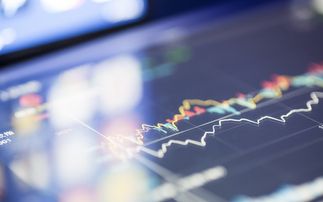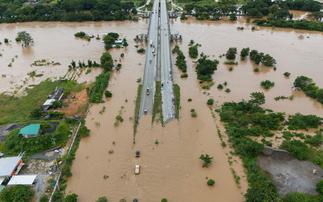James Murray recalls a memorable trip to Finland that posed the question, what does the fossil fuel industry have in common with America’s 19th century whalers
It will be three years ago this winter that I heard the best speech on the green economy that I have ever heard. It lasted no more than four minutes and provided the most exquisite riposte to the tired...
To continue reading this article...
Join BusinessGreen
In just a few clicks you can start your free BusinessGreen Lite membership for 12 months, providing you access to:
- Three complimentary articles per month covering the latest real-time news, analysis, and opinion from Europe’s leading source of information on the Green economy and business
- Receive important and breaking news stories via our daily news alert
- Our weekly newsletter with the best of the week’s green business news and analysis








